How to Get a Credit Card with No Credit History – Getting your first credit card when you have no credit history can feel like a catch-22: you need credit to build credit, but without any history, many lenders hesitate to approve you. Fortunately, there are proven paths you can take to secure a card, begin building your credit profile, and set yourself up for financial success.
In this guide, we’ll walk you through the strategies and best options to get a credit card without existing credit—whether you’re a student, recent graduate, new to the country, or simply just starting your financial journey.
Why It’s Hard to Get a Credit Card Without Credit History
When you apply for a credit card, banks and issuers assess your creditworthiness—typically through your credit score and credit report. If you don’t have any history, lenders have no record of your financial behavior and may consider you a higher risk.
What Lenders Look For:
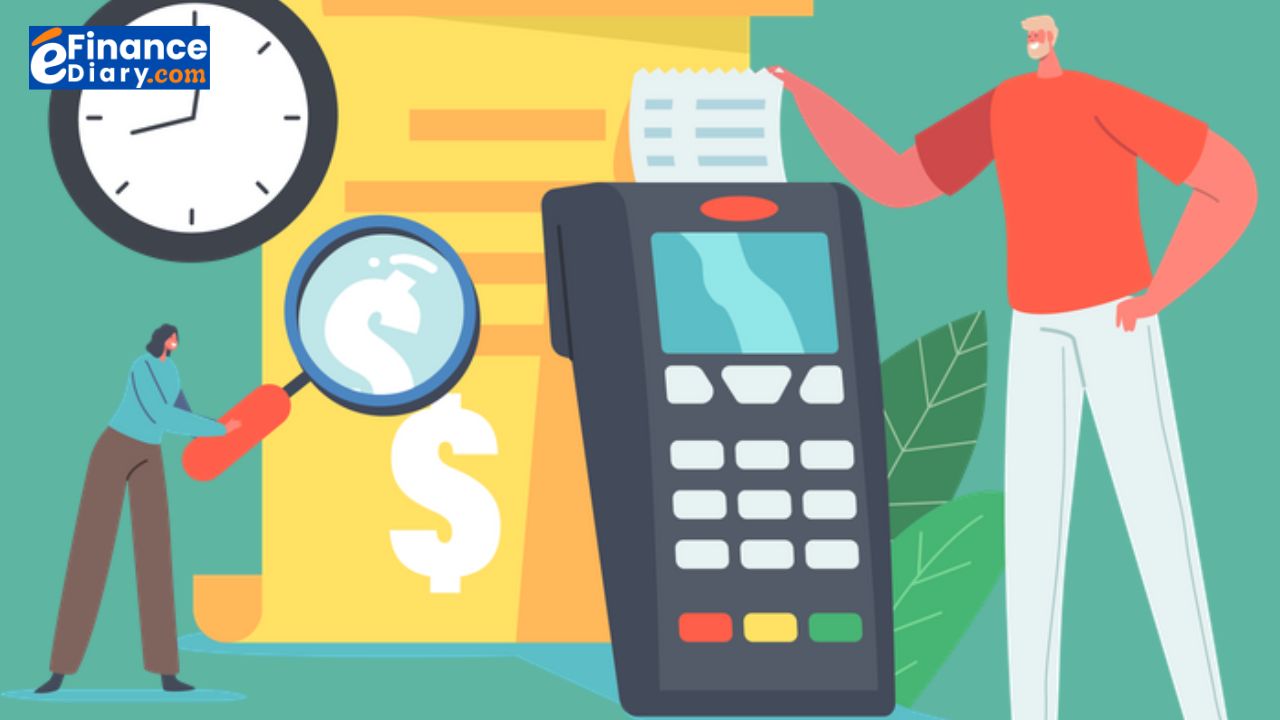
- Payment history
- Length of credit history
- Credit mix (loans, cards, etc.)
- Outstanding debt
- Recent credit inquiries
Without this data, it’s harder to get approved for a traditional unsecured credit card.
Other Barriers to Approval:
- No job or inconsistent income
- Lack of permanent address
- New residency or non-citizen status (for immigrants)
- Age restrictions (must be 18+ with income)
Lenders want to reduce risk, and if they can’t assess yours accurately, they’re likely to reject your application or offer less favorable terms.
Best Ways to Get a Credit Card with No Credit History
Here are your most reliable entry points:
1. Apply for a Secured Credit Card
A secured card requires a cash deposit (usually $200–$500) as collateral. Your credit limit equals your deposit, and your usage is reported to credit bureaus, helping you build history.
Popular Options:
- Capital One Platinum Secured
- OpenSky Secured Visa
- Discover It Secured
Secured cards are low-risk for issuers and ideal for new users. Many even upgrade to unsecured cards after 6–12 months of responsible use.
2. Try a Student Credit Card
Designed for college students, these cards often have lower requirements. While approval isn’t guaranteed, issuers understand that applicants may have little or no credit.
Popular Options:
- Discover It Student Cash Back
- Deserve EDU Mastercard
- Bank of America Travel Rewards for Students
These cards may include perks like cashback, free credit monitoring, and no annual fee.
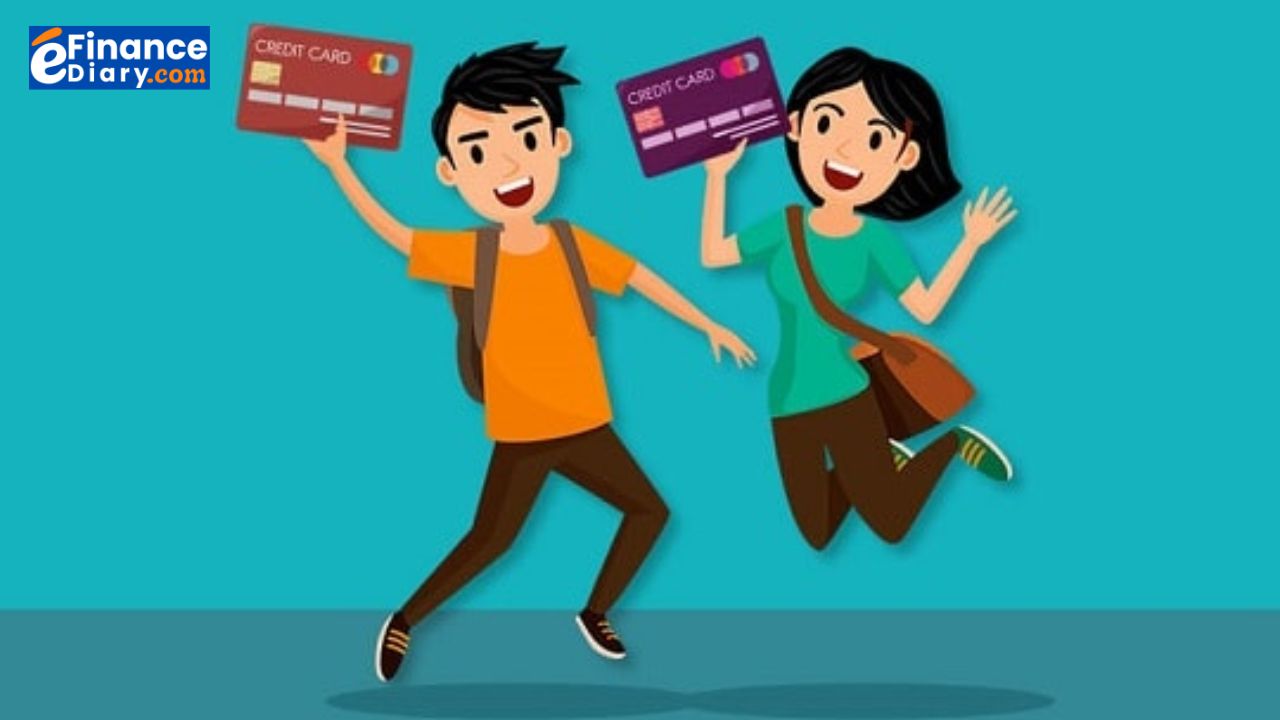
3. Become an Authorized User
Ask a family member to add you as an authorized user on their existing credit card. You get a card in your name, but the primary user is legally responsible for payments. Their positive history boosts your score.
This method is low-risk and requires no credit check. However, make sure the card issuer reports authorized user activity to the credit bureaus.
4. Use a Credit Builder App or Card
Apps like Chime Credit Builder, Self, or Tomocredit offer innovative ways to build credit without a traditional card. These products often don’t require a credit check and are purpose-built for credit newbies.
Pros:
- No interest charges (some apps)
- Flexible deposit and usage
- Automated savings features
They’re ideal if you have inconsistent income or prefer to avoid traditional banks.
5. Consider Retail or Store Cards
Some store-branded cards have more lenient approval criteria. These can be a stepping stone, but use caution—they often have high interest rates, limited usability, and can tempt overspending.
Example: Amazon Store Card, Target REDcard, or Best Buy Credit Card
Tips to Increase Your Chances of Approval
Getting approved isn’t just about the card type. Here’s how to boost your odds:
Show Proof of Income
Issuers want to know you can repay what you borrow. Provide details on any steady income, including:
- Part-time or full-time employment
- Freelance gigs
- Financial support from parents (if a student)
- Scholarships or grants (for student cards)
Limit Your Applications
Applying for too many cards in a short time can hurt your chances. Each hard inquiry dings your score slightly. Stick to one or two quality applications.
Use Pre-Qualification Tools
Sites like Credit Karma or NerdWallet let you check your chances of approval without affecting your score. Many major banks also offer pre-approval tools on their websites.
Pre-qualification doesn’t guarantee approval but reduces the risk of unnecessary rejections.
Avoid High-Fee Cards
Some cards targeting people with no credit charge steep fees ($75–$300/year) without offering real value. Read the terms carefully. Avoid cards that:
- Require setup or processing fees
- Have APRs above 30%
- Offer no credit reporting or rewards
Best Credit Cards for No Credit History in 2025
Here are some top-rated cards to consider:
Capital One Platinum Secured
- Deposit: $49, $99, or $200 (refundable)
- Reports to all 3 major credit bureaus
- No annual fee
Discover It Student Cash Back
- Designed for students
- 5% cashback in rotating categories
- First-year cashback match
- Free FICO score
Chime Credit Builder Visa
- No credit check to apply
- No interest or fees
- Connects to a Chime Spending Account
- Reports to major bureaus
Petal 1 Visa
- No credit history required
- Uses cash flow underwriting (bank account review)
- Up to 10% cashback at select merchants
OpenSky Secured Visa
- Doesn’t require a credit check
- Good for rebuilding or starting credit
- $35 annual fee
Self Secured Visa Card
- Links to a credit-builder loan
- Helps build savings while building credit
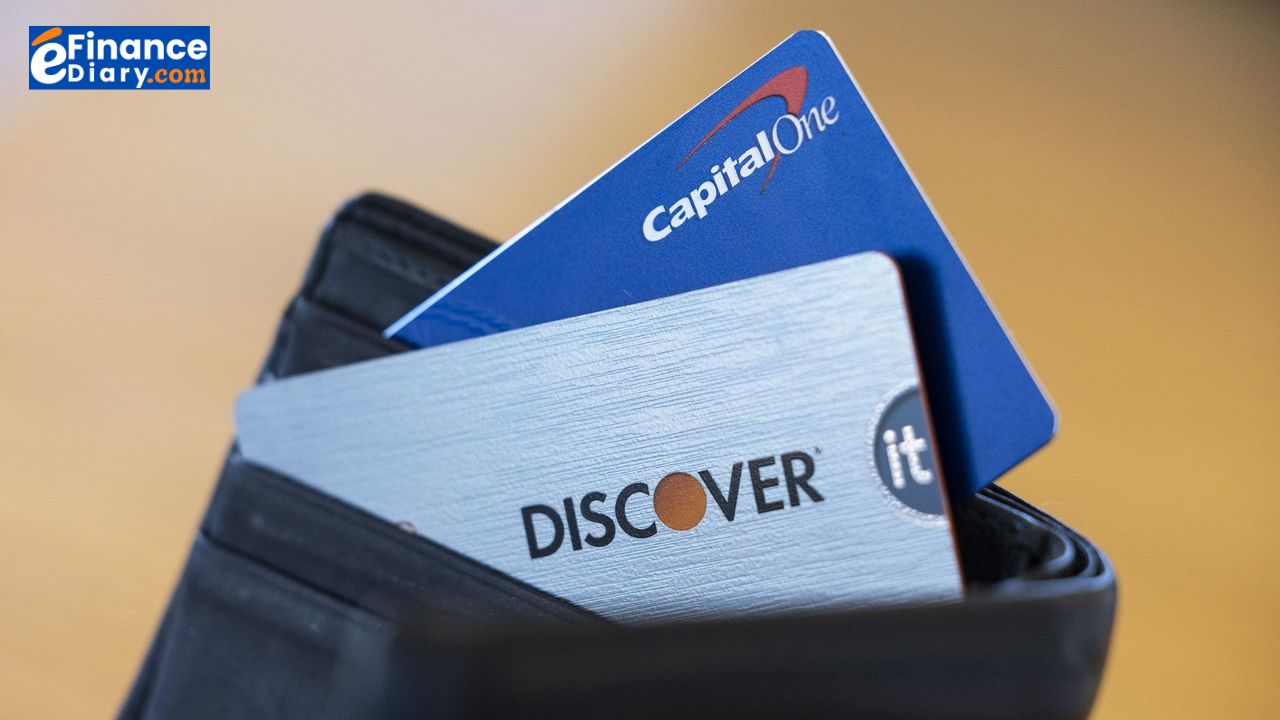
How to Use Your First Credit Card Responsibly
Once approved, your actions will determine how quickly and effectively you build your credit. Follow these best practices:
Pay on Time (Always)
Even one missed payment can set you back. Set up auto-pay or reminders to avoid late fees and credit dings.
Keep Your Utilization Low
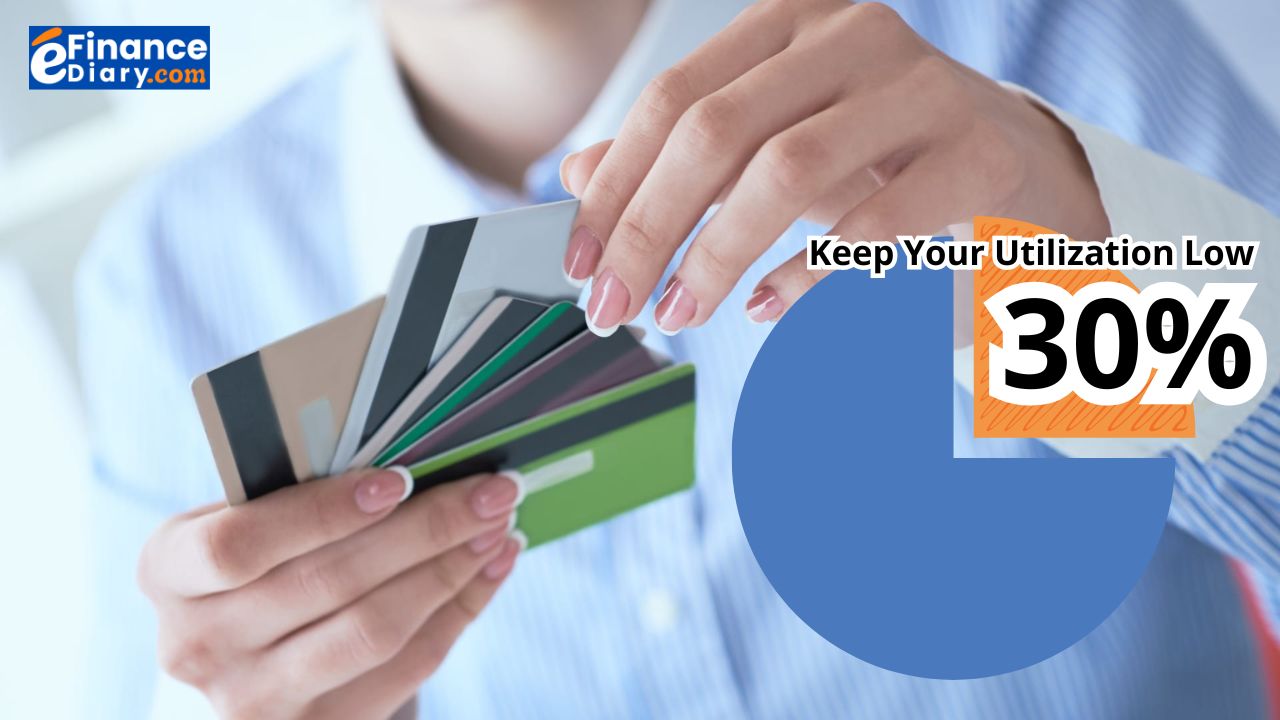
Try to use less than 30% of your credit limit at any time. For example, if your limit is $500, don’t let your balance exceed $150.
Don’t Carry a Balance If You Can Help It
Pay off your balance in full each month to avoid interest charges. This builds a reputation for financial responsibility.
Track Your Progress
Use free tools to monitor your credit score growth. Many cards offer this feature within their app. You can also access free reports at annualcreditreport.com (USA).
Avoid Closing the Card Too Soon
Even after getting a better card later, consider keeping your first card open to lengthen your credit history. Length of credit history is a major factor in your score.
How Long Until You Build a Credit Score?
Most people receive a FICO score after 3–6 months of consistent activity. VantageScore (used by Credit Karma) may appear sooner.
Once your score exists, responsible use can increase it steadily month by month.
Credit Score Ranges:
- 300–579: Poor
- 580–669: Fair
- 670–739: Good
- 740–799: Very Good
- 800–850: Excellent
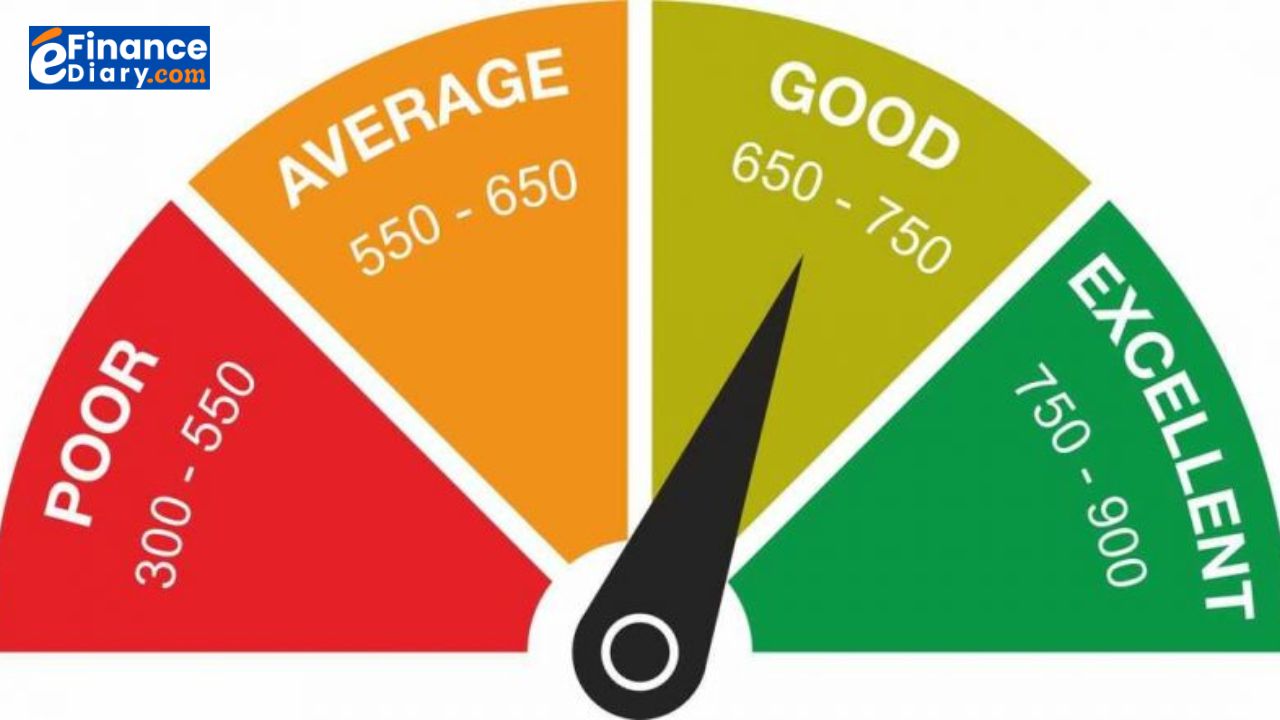
Final Thoughts: Build Credit the Smart Way
Getting a credit card with no credit history may seem tough at first, but with the right strategy and tools, it’s entirely doable. Start with beginner-friendly cards like secured or student options, use them wisely, and you’ll be on your way to building a solid credit foundation.
Your first credit card is more than just a way to spend—it’s a stepping stone to financial independence. Whether you’re planning to buy a car, rent an apartment, or apply for a loan someday, your credit score will open doors.
Remember, credit isn’t just about getting loans or mortgages. It impacts renting apartments, getting jobs, and even setting up utilities. Starting early, staying informed, and spending responsibly will pay off in more ways than one.
Ready to find your first card? Use a trusted tool like NerdWallet, Credit Karma, or go directly to providers like Discover, Capital One, or Chime to compare options today and start building credit with confidence.

